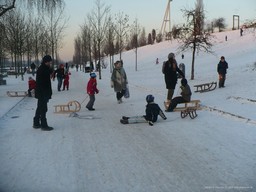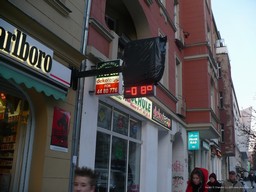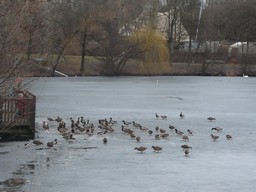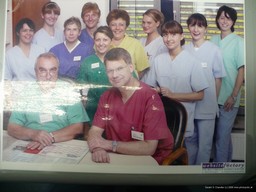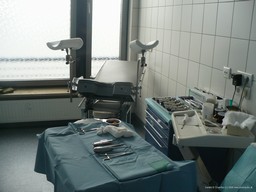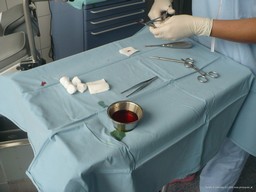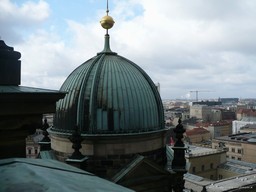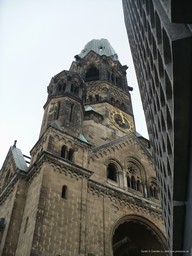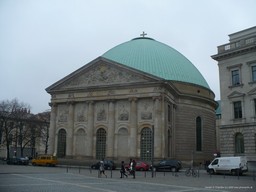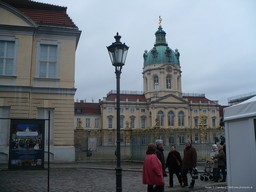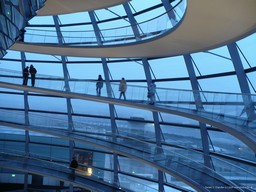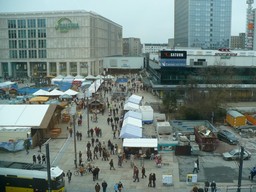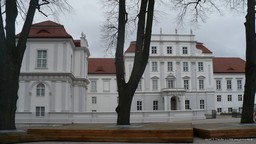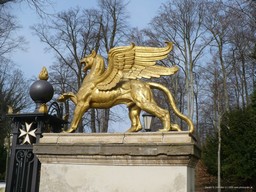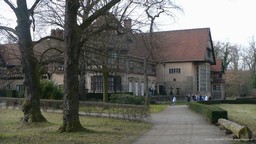March 31, 2009
General Links
2009 Cities & Stays
2009 Front Pages
2008 Front Pages
2007 Front Pages
2006 Front Pages
- 2006.12.12
- 2006.11.21
- 2006.11.04
- 2006.10.23
- 2006.10.09
- 2006.09.26
- 2006.09.10
- 2006.07.15
- 2006.05.30
- 2006.01.01
2005 Front Pages
2004 Front Pages
2003 Front Pages
2002 Front Pages
2001 Front Pages
2000 Front Pages
1999 Front Pages
Country Links
Click on flag for Foto Show; click on country name for text and photographs.
Asia
 Cambodia
Cambodia
 China
China
 Beijing
Beijing
 Hong Kong
Hong Kong
 Indonesia
Indonesia
 Japan
Japan
 Laos
Laos
 Malaysia
Malaysia
 Singapore
Singapore
 Thailand
Thailand
 Tokyo
Tokyo
 Vietnam
Vietnam
Pre 1999 Asian Visits
Europe
 Austria
Austria
 Athens
Athens
 Basel
Basel
 Britain
Britain
 Berlin
Berlin
 Bratislava
Bratislava
 Belgium
Belgium
 Brussels
Brussels
 Bulgaria
Bulgaria
 France
France
 Germany
Germany
 Greece
Greece
 Moscow
Moscow
 Paris
Paris
 Poland
Poland
 Prague
Prague
 Romania
Romania
 Russia
Russia
 Switzerland
Switzerland
 Ukraine
Ukraine
 Vienna
Vienna
Americas
 Belize
Belize
 Colombia
Colombia
 Costa Rica
Costa Rica
 Ecuador
Ecuador
 Guatemala
Guatemala
 Honduras
Honduras
 Mexico
Mexico
 Nicaragua
Nicaragua
 Panama
Panama
USA
Vancouver
Middle East - Africa
 Egypt
Egypt
 Israel
Israel
 Turkey
Turkey
 South Africa
South Africa
Australia - New Zealand
 Australia
Australia
 Christchurch
Christchurch
 New Zealand
New Zealand
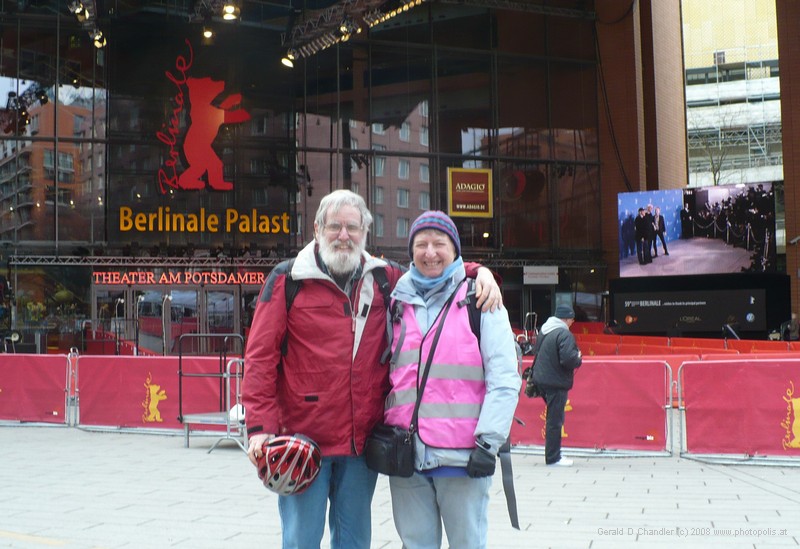
The Berlin Film Festival (Berlinale), Potsdamerplatz |
It's spring in Berlin — actually and legally. Legally, if that's the proper term, because March 21 and the spring equinox have come and gone. Actually, and that is the proper term, because outside our kitchen window the narcissus bulbs have pushed up in their yellow glory and the hydrangea bush has green leaves. Spring didn't arrive by surprise; we've figuratively been checking the mail box daily or twice daily (or, if we must admit it, thrice daily) for signs of the new-born's arrival. Each time we went out we'd check the trees for signs of buds and the lawns for signs of renewed life. How pleased we were each time we'd find a small field of purple crocuses out; how happy we were to think that the layers of clothes we'd been wearing would soon be gone.
Before March 21 came and went we were surprised to learn via the news that in the US the clocks had already been advanced for daylight savings. What governed the date of change, we asked ourselves? Why couldn't we remember? And what was it here in Germany (and, by extension, we supposed, in all of continental Europe)? Then on Saturday we saw in the newspapers that the moment was upon us. Reporters in Paris went out into the streets and asked Monsieur L'Homme de la rue, "Do the clock's change forward or backwards?" Talk about American low scores in math! Half these folks didn't know!
We did. Forward (i.e. 2 a.m. becomes 3 a.m.). But were we up to it? How many clocks did we have? One, two, ... sixteen! Two mobile phones, two Zen media players, one each in the TV and DVD players, two notebook computers and four room clocks (one on the living room wall which controls the heating, one on the shelf that was a recent anniversary gift, one in the bedroom shelf clock-thermometer; one in the kitchen on the shelf (our cheap microwave doesn't tell the time)). But that's only twelve! What about the other four? Well, two obvious ones, our wrist watches. And the last two probably shouldn't be counted: .One is in the old mobile phone that sits unused in a box. The last, number 16, is the clock in the wireless phone. Last fall we gave up before figuring out how to change the time and thus left the time off by an hour for six months. Now all is right.
It didn't take us a dozen nights and day to change all of the clocks, so that isn't our excuse for not adding a new Frontpage to our website earlier. We've just been busy with other things, so once again our resolution to do it every 6-8 weeks has not been kept and instead here it is four months later.
Since late November we've had a series of chances to see how part of the German health system works. That has made us pay more attention to the health care news, which like all news, emphasizes the negative, in this case how much Germans in general and German in the medical profession are unhappy with the system. The main complaints are low pay and poor access.
What about our experiences? Start with Jan: she went to a gynecologist for a routine examination. It was easy to get an appointment and she was treated with respect and the quality seemed to be very high. The only strange thing was being asked to save the paper she had sat on in one exam for the next. Cost-saving was obviously taken very seriously here, Not surprising in restrospect, but nonetheless a bit embarrassing to Jan was that she was only charged 21 euros (about $30) for each of two visits.
Gerry's experience was longer, but considering all things, about as cheap. Last September he saw a GP for a small lump under the skin, about half-way between the navel and left nipple. Happily the physician confirmed for Gerry that it was an "atheroma" and not cancer or anything bad. The physician said that it could shrink of its own accord, stay stable, or even grow. Wait and see. By January it had clearly grown and by the beginning of March there was an inflamed area of about an inch (2.5 cm) diameter. Gerry held out as long as possible hoping it would turn around and shrink. It didn't and another visit to the GP resulted in a recommendation for an immediate opening and cleaning of what was now clearly an abscess. The next day it was done by a specialist surgeon, using a local anesthetic. Gerry left the office (of course bandaged) with a moon-shaped hole about 1 cm by 0.5 cm and about 1 cm deep. He returned in three days for inspection expecting to then be sewn up. It was then that he learned that the procedure would be to let the wound close itself. And that it did, over about two weeks. The cost of this was about 42 euros for each of the GP visits, 170 euros for the surgery, and 21 euros for each of the two follow up visits.
UPDATE: Just two day after posting this we got the true bill from the gynecologist; it removed all embarrassment from Jan about paying too little. Apparently the 21 euros were each for a lab test. The services bill, to be paid in addition, came today: 162 euros.
We are both happy and yet impatient with our language learning. Jan took an evening Russian course that ended before Christmas. She subsequently signed up for the continuation that began in early February. Recklessly she agreed to be the first to give an oral report, which she chose to do on Berlin Churches. After a whole week's preparation accompanied by intense worries she gave the talk (of course in Russian) to the general acclaim of her class and teacher. Now she is in the comfortable position of a relaxed observer, seeing how classmates perform. Gerry has made lots of progress in German, now having advanced to reading the daily paper (which we've had home delivered since early January) and managing to get a lot out of the articles. And we watch lots of TV in German, particularly Jan's favorite, a series of crime shows called Tatort (literally "Crime Scene" it's sort of Law and Order with a German accent). The bad news is that after seven months here it is not as easy to read or listen to German as Gerry thought it would be. It's clear that when we leave Germany at the end of June he won't be fluent. Part of the reason for that, of course, is that we speak English rather than German (or Russian!) at home. Even when we are out and about in town, the minute someone hears us speak English together, they want to switch to Englsh too, no matter how long they have previously been conversing with Jan in German! It drives her mad.
The rebirth of earth may come in spring but for us and our bicycle riding it came in late January. Throughout the winter and now into spring we continued to ride our bicycles. Or nearly. In early January with snow on the ground, we rode them to Jan's gynecologist and bitterly regretted it! It was just too cold. So we left them unused for a few weeks. That delayed our planned visit to a bicycle shop for an overhauling. Before our visit Jan's lights were run by battery and they weren't reliable. She had a dynamo installed and that made it even simpler than 1-2-3 to turn them on. Before our visit Gerry couldn't accomplish much of an acceleration because his gears were always slipping. That was a two edged sword for Jan — she could easily keep ahead of him, which pleased her, but she didn't like always going so slow and being unchallenged. After we left the repair shop, a new set of gears installed, it was reversed and she now has to struggle sometimes to keep up.
We haven't been out of Berlin since our last posting on December 5. Certainly part of the reason is the good news we got on December 23 — quite a Christmas present that arrived two days early. After a short visit to the Ausländerbehörde (Immigration Office) Gerry was told that he had been granted a five year residence permit. That meant no forced-travel to renew his visa. Now, we think, we can essentially stay as long as we like not only in Germany but anywhere in the major part of Europe.
Life in Berlin has gone on in a low key way. No great discoveries such as a visit to the Mayan Tikal or the like. Instead minor and pleasant ones. Well before Christmas we started to learn about Weihnachtsmarkts, German Christmas markets. One seemed to sprout in every square, large or even tiny. Most markets had only shops selling Christmas trinkets such as tree decorations and candles and food, food, and more food. We, particularly looked forward to another ration of Bockwurst and Brot or Schweinesteak (Gerry) or chestnuts (Jan). The larger markets had Ferris wheels and even pony rides (no takers here) and on the Babelplatz there was an ice skating rink, which we did try out and really enjoyed. We gave in twice and contravened our usual rule and bought a couple of souvenirs. Now that Easter is approaching we see the same squares starting to fill up with Easter markets; there is already a large one going in Alexanderplatz.
If our experience is anything to go by Berlin is just not on the tourists radar in the same way Paris is. Last year in Paris in the course of just a month we had three different sets of visitors. Here, in what is so far seven months in Berlin, we've had just one set of visitors, and that was in mid-March. Jan's sister Sue and her childhood friend from Darlington, Jean, came. In three full days here we took them to all the major sites, including the Berliner Dom, the Brandenberg Gate, the outside of the Reichstag (unfortunately it was just that week that visitors were not allowed in), Schloss Charlottenburg, and the Ku'damm area. Of course the main attraction and activity was talk, talk, talk. Jan had great fun reliving childhood escapades.
In the three days after our visitors left we roused ourselves and went to see four Schlosses (chateaux) that were new to us. All were on the far edge of Berlin: Schloss Köpenick on the southeast, Schloss Oranienburg in the north and Schlosses Glienicke and Cecilienhof on the southwest, in and near Potsdam. All four had little surprises: we of course expected to see interesting royal buildings from previous centuries but weren't prepared for the extensive museums inside.
At Köpenick there was a wonderful collection of baroque furniture and other decorative arts including a handful of stunning re-created period rooms. At Oranienberg we were given a guided tour of the former royal country house with some fine period paintings and tapestries and then we gave ourselves a self-guided tour of the basement museum that described the industrial development of the region. Perhaps most interesting to us was Cecilienhof, where we took two tours. Cecilienhof is most famous for hosting the war-closing Potsdam conference where Churchill, Atlee, Stalin and Truman met and this was the topic of the first tour. The second tour took in the residence of the last Crown Prince and Princess of Germany who lived here until their deaths. Cecilienhof might still have been a possession of the Hohenzollern family, but for the fact that the family abandoned the house to escape the Russians in WWII and lost their rights to it. From the outside Cecilienhof looks a bit like an Elizabethan country house, but inside it was built with all modern conveniences: electricity and central heating and plumbing.
We've long had an agreement to spend the summer in Veronica's apartment in Paris while she walks to Rome. Now we've set the days, with some precision: arrive July 5 and leave October 25, as always, subject to mutually agreed modification. It will be our fifth time in Paris and the first so late in the year. Our first long stay, in 1999, started June 21 and ended August 20 or so. Now we'll be there two months later and so will see what the French call the reentry signaling the end of summer and summer vacations and the rebirth (a Spring in Fall?) of intellectual life. A disappointing note is that we'll be in Paris throughout the most active period of the German general election, which takes place sometime in October. We'll miss watching the German talk shows like Anne Will at that time.
When we leave Berlin we're expecting to do a five week bicycle tour. Our imagined route changes all the time. At one time it was to go one-way to Paris; then we thought of going northwest to Hamburg and on to Holland and taking the train to Paris. Now we think we'll do a circular trip that starts and ends in Berlin. We'll go southwest to Erfurt and that region, then east to Leipzig, Dresden, and Görlitz, before heading north back to Berlin. Whichever trip we make, we expect it might be 1000—1200 km. That means we need to average above 30 km per day. For those in shape that is an easy thing. For us, well, we have had our doubts. So it was with pleasure that we learned from a measurement using Google Maps that our most recent outing was 28 km.
"It's a Material World" has a new ring to us. When we are traveling sans car we limit ourselves to each having two bags of 10 kgs and a backpack. In Berlin we have far and away doubled that, including the amount of clothes we have. We are now faced with what to do with it all and have a bit of a conflict. Jan wants to toss all the excess and Gerry wants to hang on to it as long as he can by shipping lots of it. The big items will likely go. These are two bicycles, a flat-screen TV, a table to hold it, and two coffee tables. For a normal family (or even us, when we lived on Bruce Road) that isn't much, but now it is a mountain compared to what we've very recently possessed. More problematic are the books and DVDs we've acquired. They must add up to over 20 kgs all by themselves. Jan wants to keep the Russian; Gerry the German. And then there are the external hard drives, the batteries, the cables, the new mobile phones, etc, etc, which we just can't give up. And how much is that?
What ever it is we keep, it won't go on the bike. With backpack and saddle bag we'll limit ourselves to 10 kgs each. A bit of clothes, a bit of electronics, and a bit of food, water, and suncream. But until we actually leave at the end of May, nothing is definite. Tune in again in two months.
